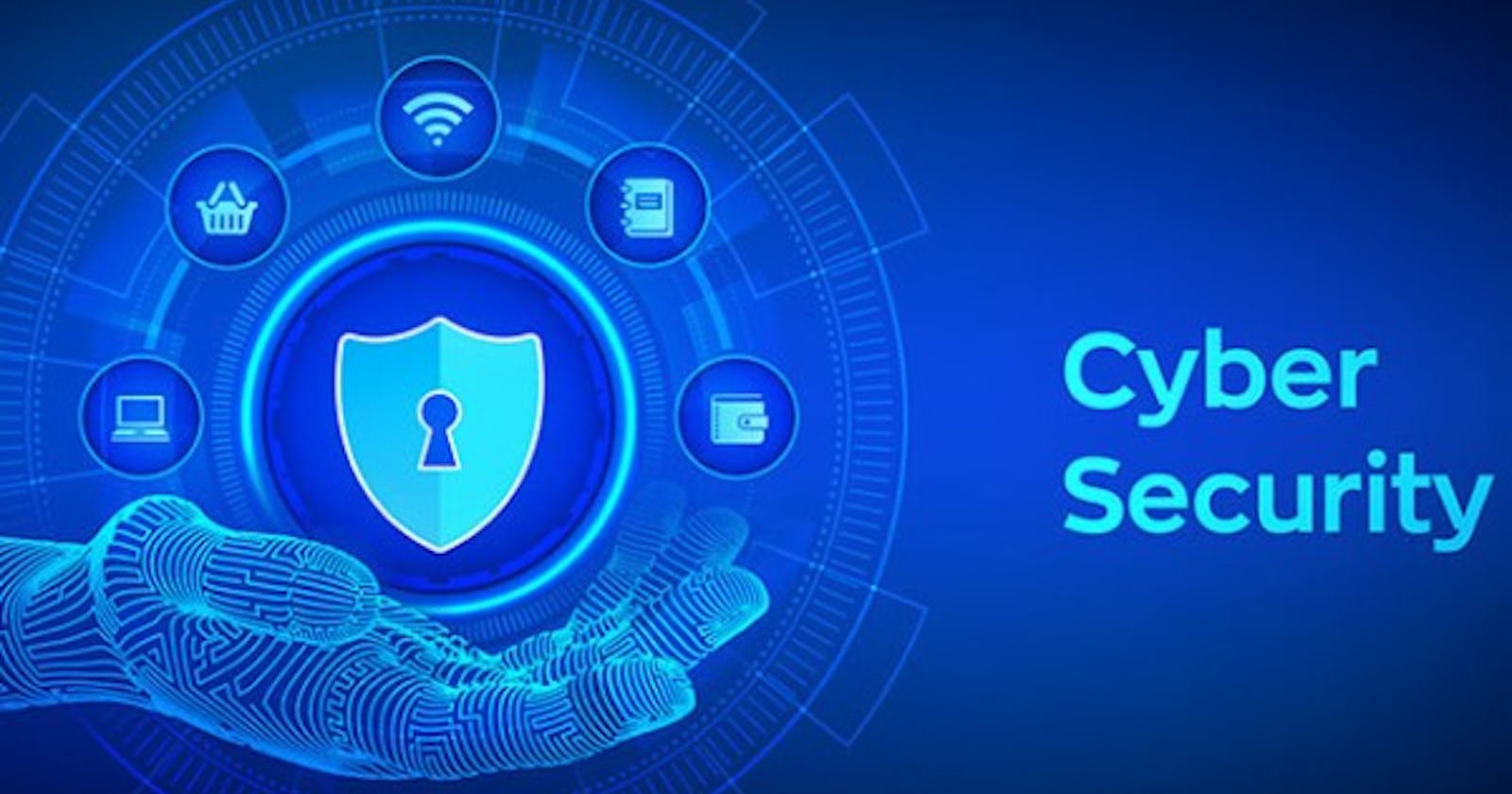Best Cyber Security Certifications To Boost Your Career
Best Cyber Security Certifications
Cybersecurity Certifications
There are many numbers of online and traditional on-campus programs for cyber security certifications. Most of them focus on network and data protection at different levels. Each certification prepares an aspirant for a specific purpose. Such courses explore cryptographic techniques, computer security, digital forensics, and designs for network perimeter defenses. Let us look into the different cyber security certifications worth considering. Before choosing a cyber security certification, it is essential to make sure that the course is accredited and aligns with the targeted career goal.
1. CEH: Certified Ethical Hacker
This certification teaches you how to think and act like a hacker. Topics in this certification cover hacking technologies, the latest vulnerabilities, information security laws, and standards. Students are put through real-time scenarios, exposed to hacking techniques, and finally taught how to scan hack and protect their system from the same. This course benefits security professionals, site administrators, and anyone concerned with network security. This certification gives you an edge towards penetration testing jobs.
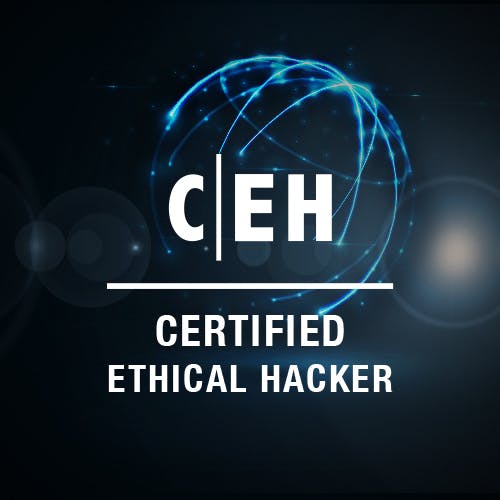
2. CISM (Certified Information Security Manager)
It is a top credential for IT professionals in enterprise-level applications for developing the best organizational security practices. An aspirant here needs five years of proven cybersecurity experience. However, a combination of education and experience may also be substituted for this requirement. The CISM is valid for three years, and credential holders need to pay an annual maintenance fee. Credential holders of this certification possess advanced skills in
Security Risk Management
Program Development and Management
Governance
Incident Management and Response.
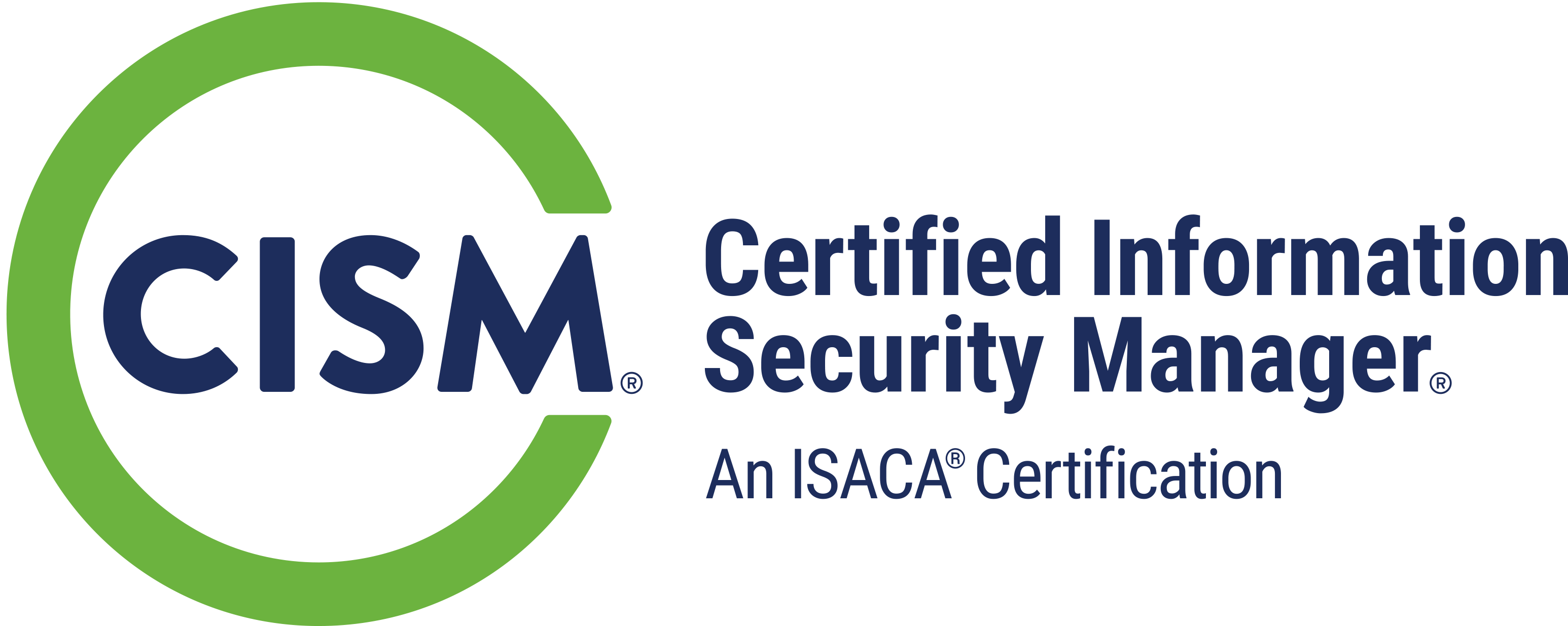
3. CompTIA Security+
It is a general level certification for those who are new to cyber technology. It requires two years to complete it. It covers the following IT concepts:
Network threats and defense techniques
Effective security policies
Network and Host-based security practices
Disaster Recovery
Encryption Standards and Products
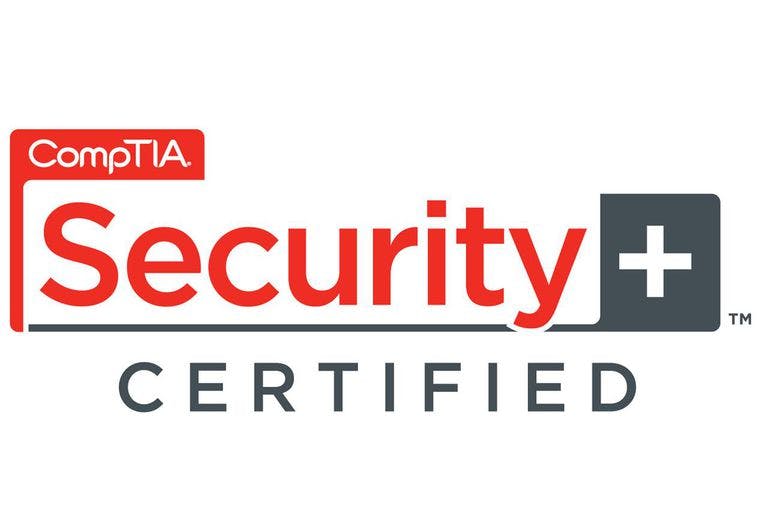
4. CISSP (Certified Information Systems Security Professional)
Many IT organizations consider this certification as an essential requirement for network security. It is a vendor-independent certification and can be applied to a wide variety of set-ups. This certification requires prior experience of 3 – 5 years, and once completed, it is one of the best knowledge assets you can have. This course covers the following domains:
Access Control
Cryptography
Telecommunications
Networking

5. ECSA: EC-Council Certified Security Analyst
This certification is similar to the CEH certification. This certification gives you an understanding of hacking tools and the latest technologies. This certification is suitable for Network Server Administrator, Information Security Tester, Firewall Administrator, System Administrator, Risk Assessment Professional, and more.
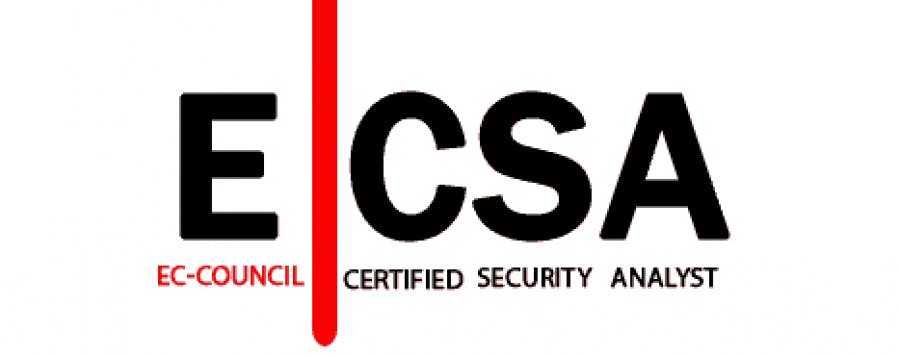
6. SSCP: Systems Security Certified Practitioner
This certification ensures that you have acquired the advanced technical skills to implement, monitor, and administer IT infrastructure using best security practices, procedures, and policies established by the cybersecurity experts. This certification is ideal for IT administrators, managers, directors, and network security professionals, including those holding the following job positions:
Network Security Engineer
Systems Administrator
Security Analyst
Systems Engineer
Security Consultant/Specialist
Security Administrator
Systems/Network Analyst
Database Administrator
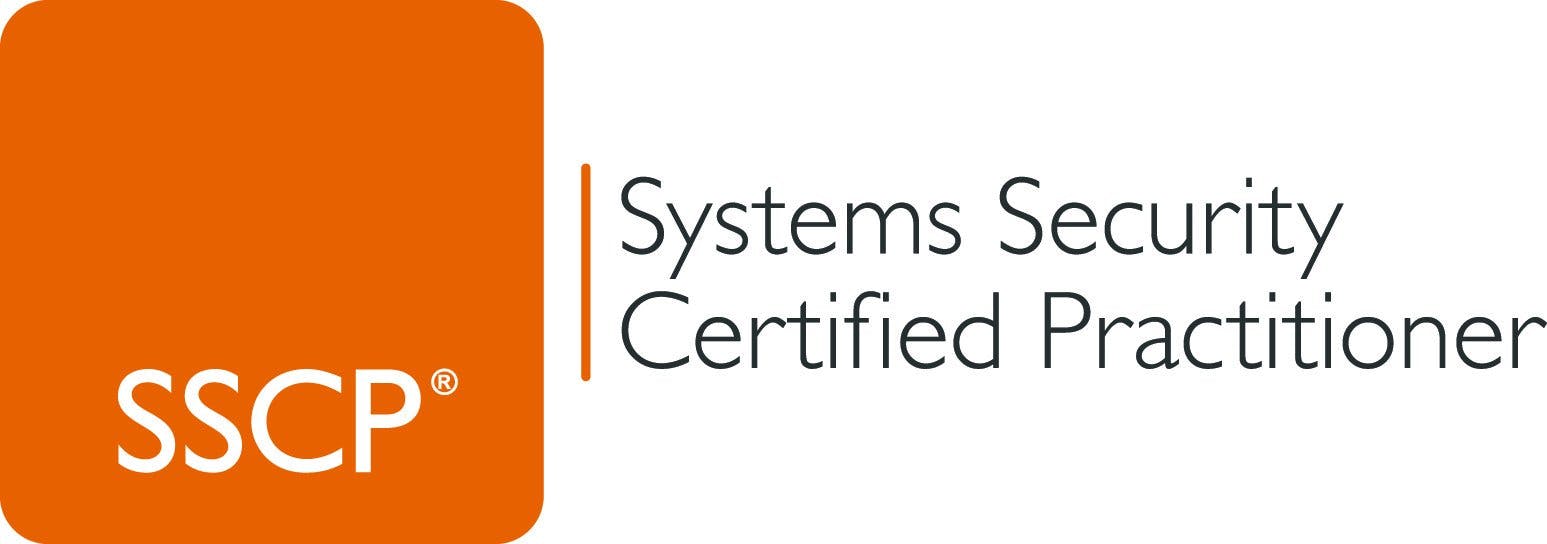
7. CRISC: Certified in Risk and Information System Control
It is an enterprise risk management qualification for professionals looking forward to extending their knowledge and experience of IT, Business Risk, identification, and implementation of Business Systems Control. CRISC is one of the first certifications which help to prepare IT professionals for real-world threats. It adds a higher value to employers and clients in risk assessment and management, fosters continuous knowledge, and up to date information. CRISC certification is targeted towards professionals whose job responsibilities include the following roles:
IT Professionals
Risk Professionals
Control Professionals
Compliance Professionals
Business Analysts
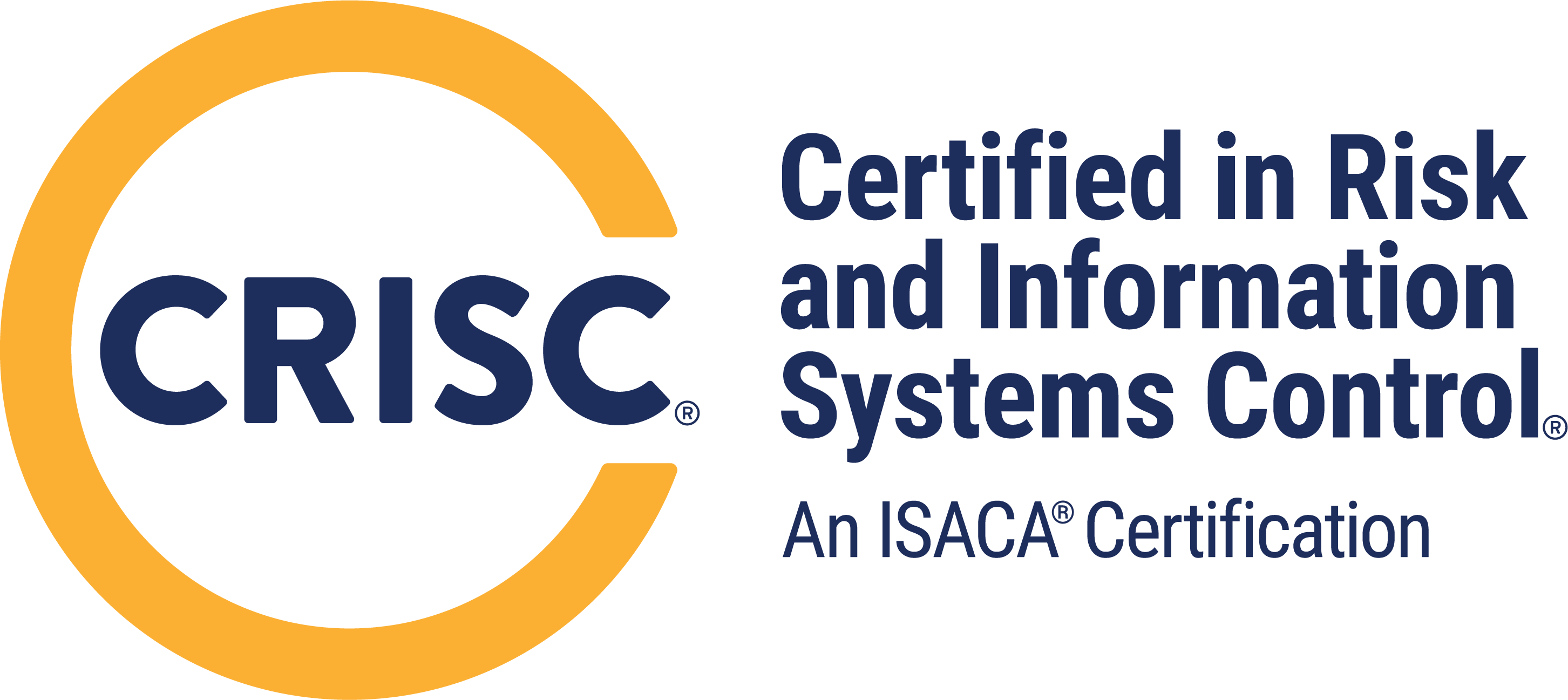
8. CISA: Certified Information Systems Auditor
This certification focuses on Information Auditing. CISA certified professionals have good audit experience and can manage vulnerabilities. It, too, requires five years of prior experience. Students gain expertise in the following domains:
Information Systems Auditing
IT Management and Governance
Protection of Information Assets
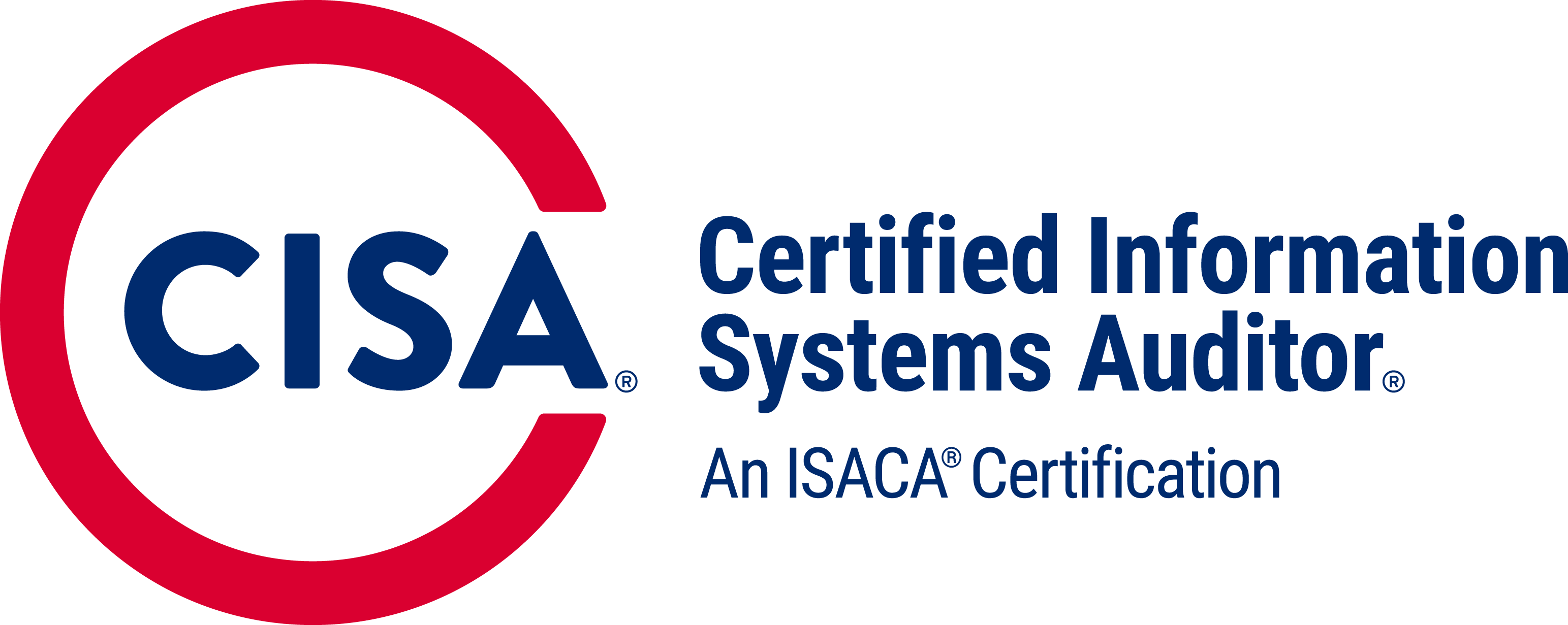
9. CCSP: Certified Cloud Security Professional
Traditional IT security protocols do not work in a cloud environment. This certification gives IT professionals a deep understanding of cloud architecture, its design, operations, and services. It needs five years of prior experience. This certification covers the following domains:
Concepts of Cloud Architecture and Design
Cloud Data and Security
Platform and Infrastructure Security
Cloud Operations
Legal and Compliance

10. CHFI: Computer Hacking Forensic Investigator
This is an advanced cybersecurity certification for forensic network security investigators. It enables you to gather the necessary evidence and prosecute offenders in a court of law. The hacking forensic investigator is responsible for analyzing attacks, extricating information, report hacking crimes, and conduct audits to prevent future crimes. This certification covers:
Incident Response and Forensics
Recovering deleted, encrypted or damaged file information
Technical Examination & Analysis
Reporting of Computer-based evidence.
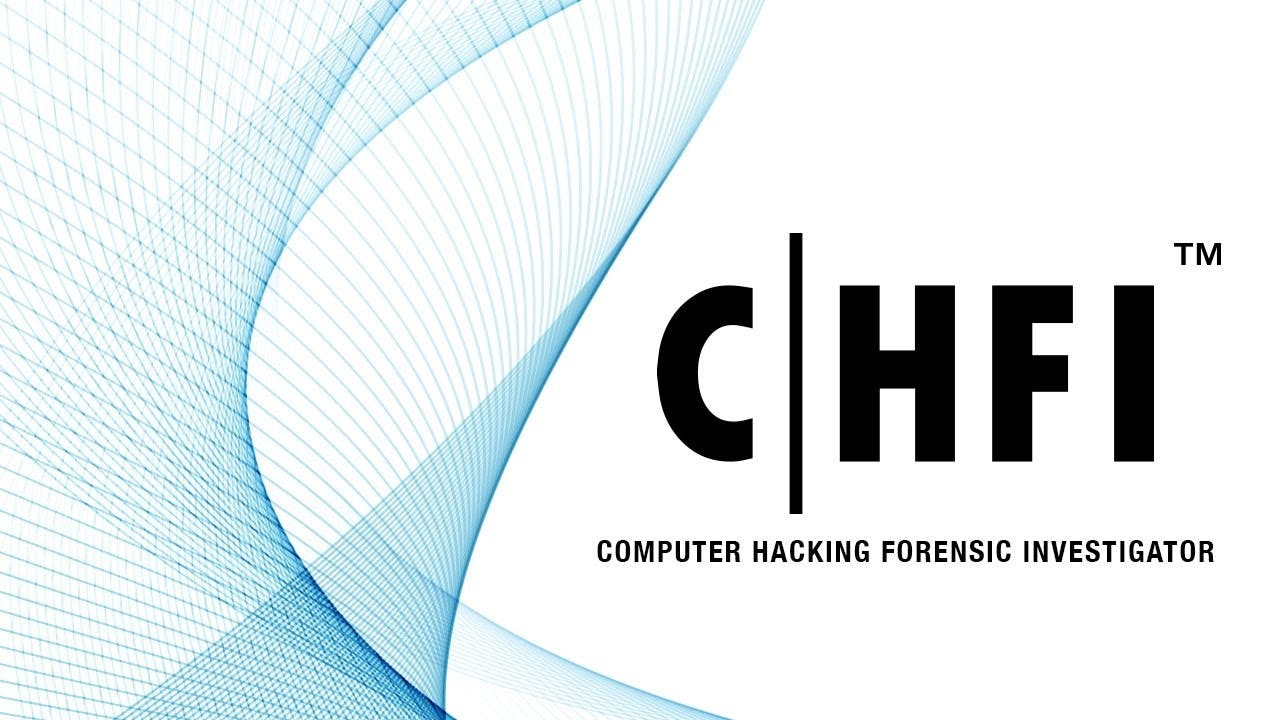
11. CCNA: Cisco Certified Network Associate Security
It is a Cisco Certified associate-level certification that goes a long way in taking forward your career in CISCO Security. This certification enables you to:
Recognize threats and vulnerabilities in CISCO network
Mitigate Security Threats
Develop an effective security infrastructure.
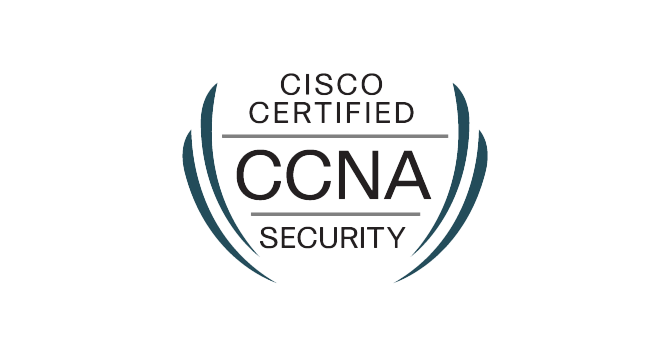
If you are new to Cyber Security, udemy's course "Learn Ethical Hacking From Scratch" will surely prove to be a great starting point for you.
Follow me on:
facebook.com/parthokumar.saha.39

